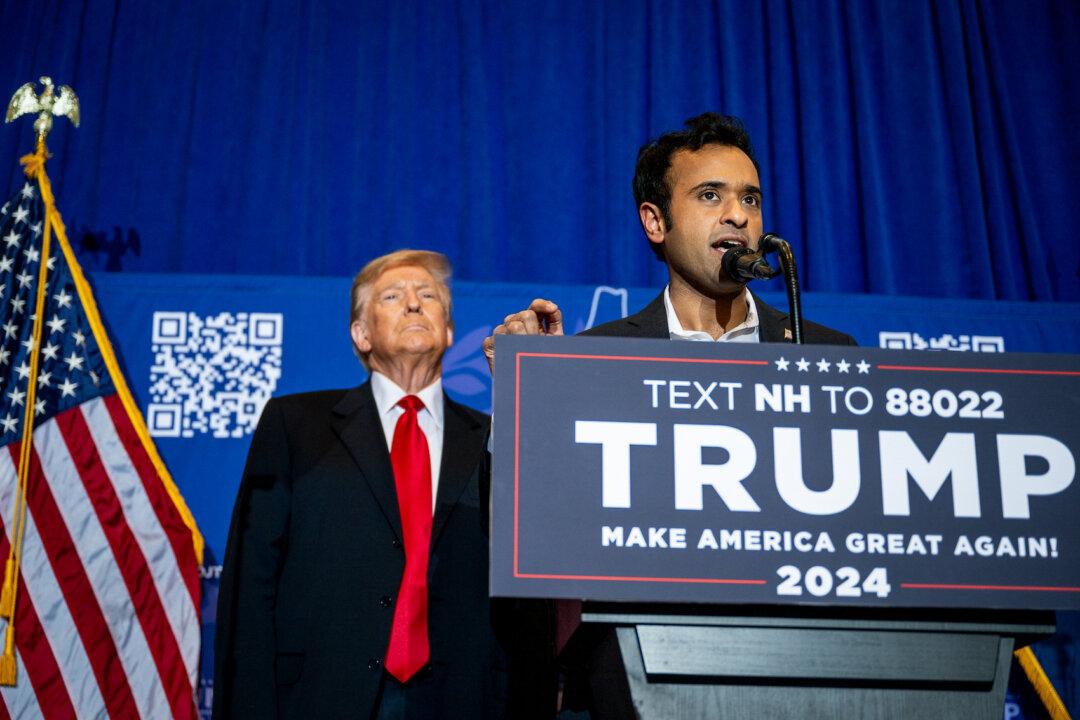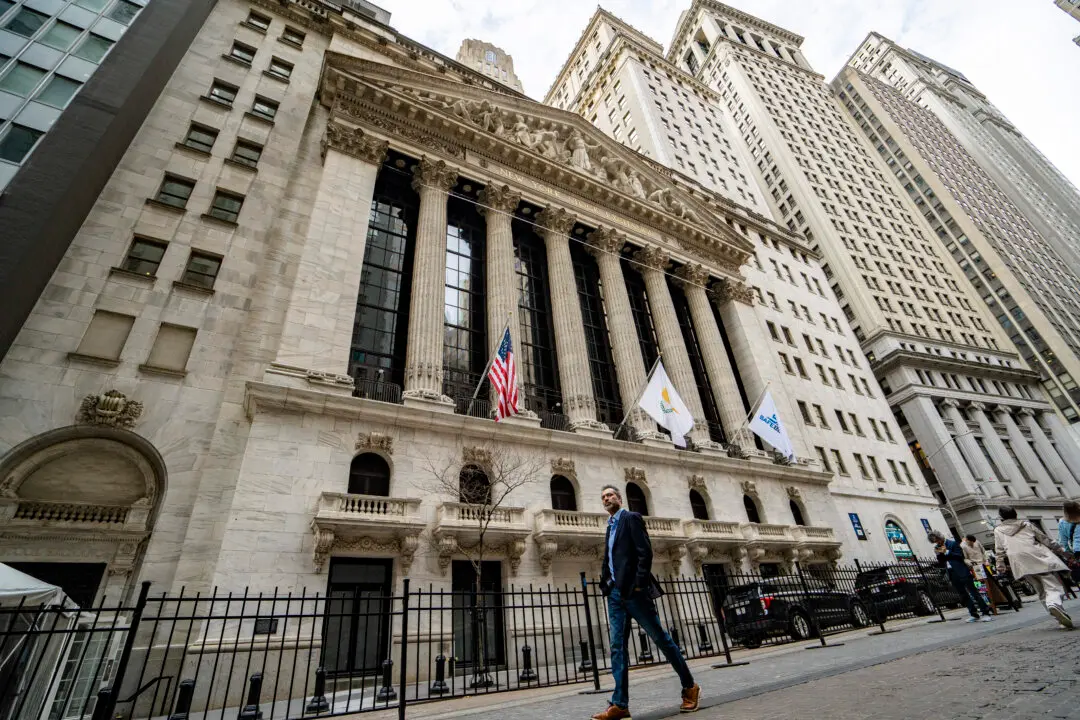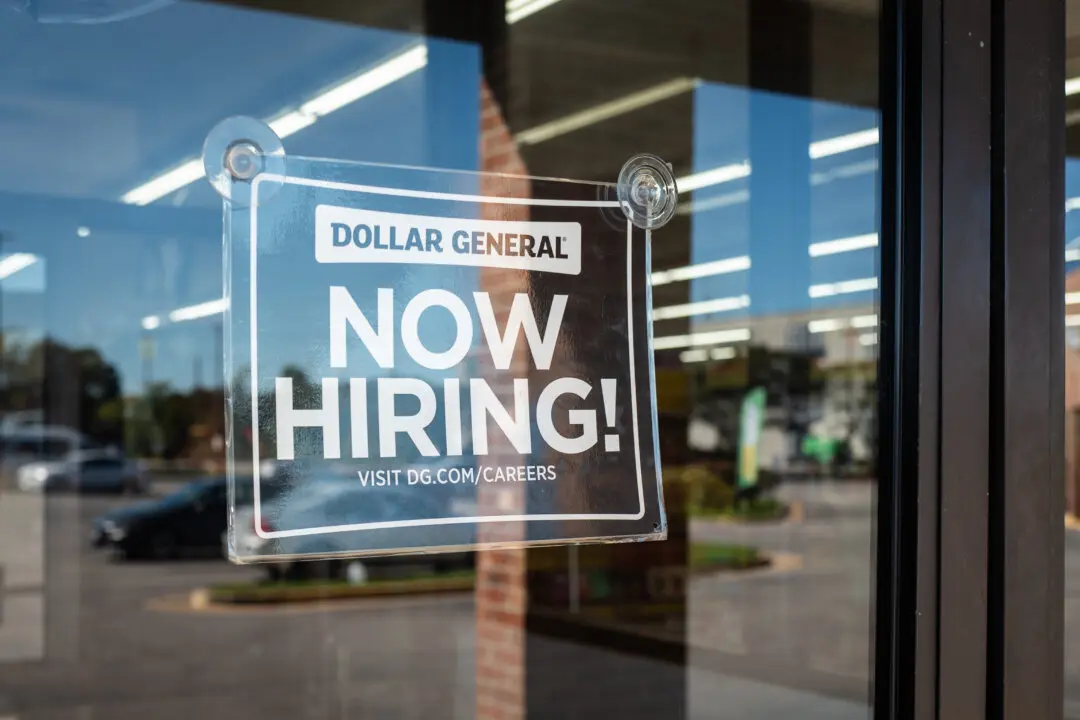Former President Donald Trump promised on Jan. 17 to “never allow” the Federal Reserve to create a central bank digital currency (CBDC), also known as a digital dollar.
During a campaign stop in New Hampshire and joined on stage by former Republican candidate Vivek Ramaswamy, President Trump vowed never to give the U.S. government “absolute control over your money,” calling it a “dangerous threat to freedom.”





